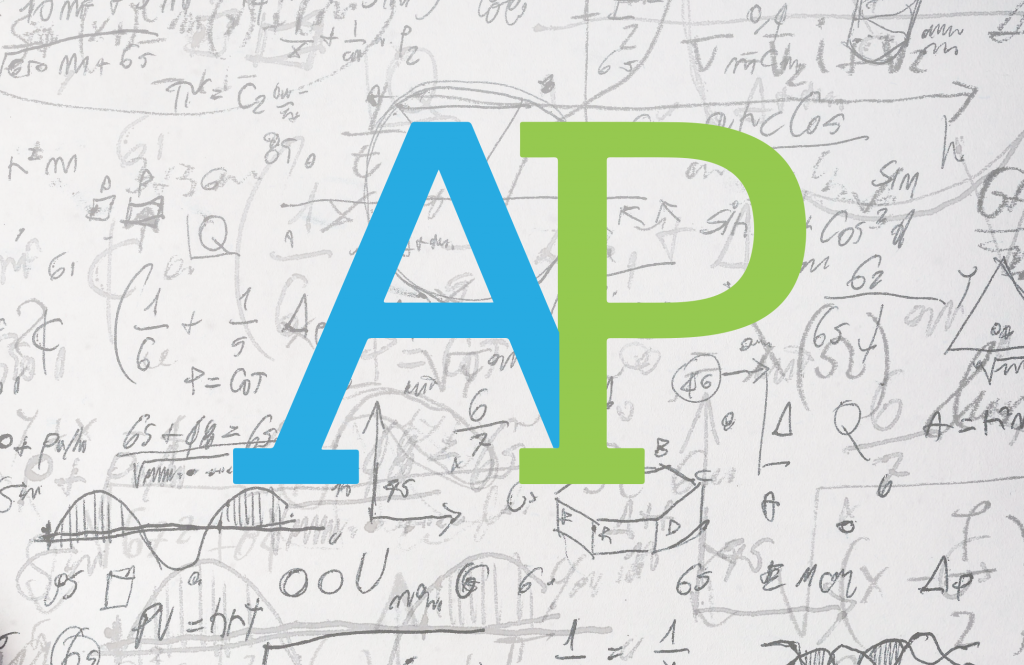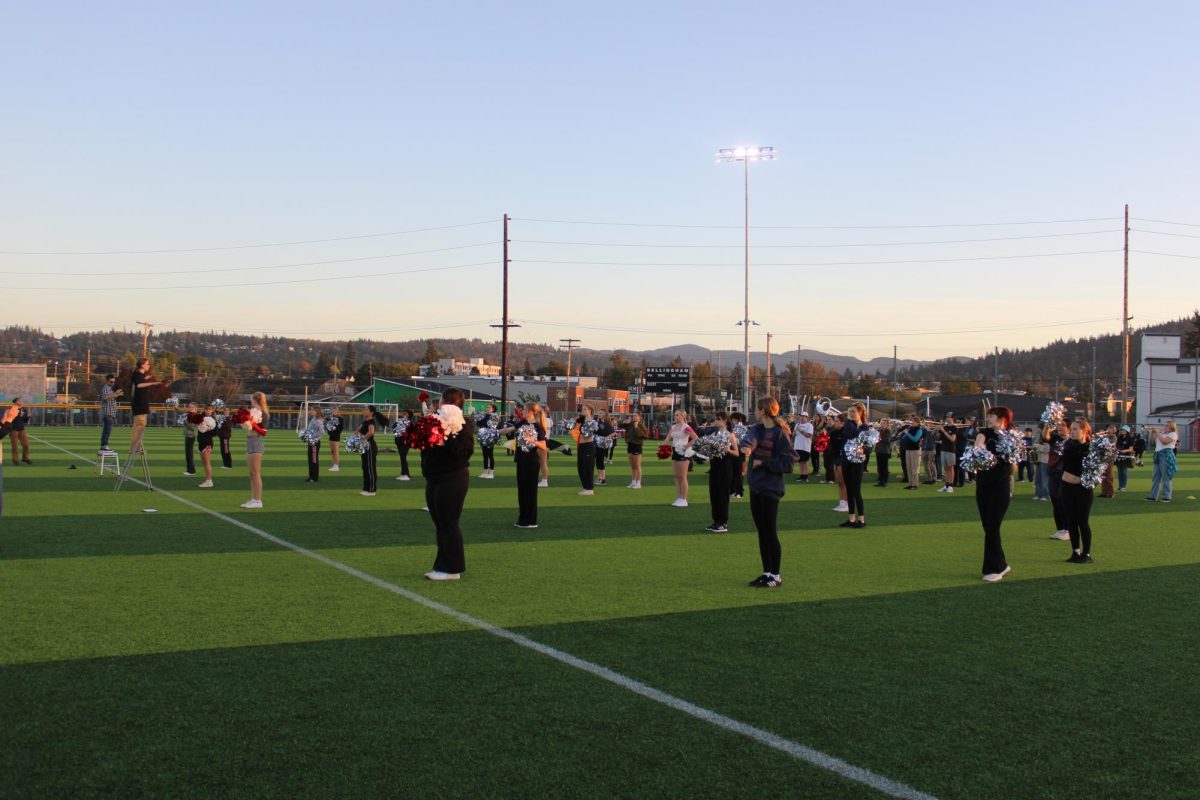The soon-to-be summer slump approaches the Bellingham School District with sunny days, less intense studying, and the final couple of months before school ends—But yet, there remains an anxious population of the student body as May whips around the corner, with AP exams in hand.
To high schools across the globe, AP classes, an abbreviation of “Advanced Placement” is crucial to one’s curriculum, especially when it comes to sweetening up that resume for the college applications. Despite this fact, some people may be confused, stressed out, and all kinds of overwhelmed when it comes to what it means to take an AP class, or even the importance of the exams.
Regardless of the negative connotation and fear instilled surrounding AP exams, the grading behind them is relatively easy to understand, along with the reason why people take these classes. As mentioned prior, enrolling in AP classes helps a student strengthen their college application when the time comes, but it also continues to help students that seek this kind of higher education by giving them the opportunity to provide college credit. After all, with how expensive higher education is known to be, who wouldn’t want to get a bang for their buck? While AP exams do involve spending money, which differs from each school, it usually costs more than $40, with opportunities to get this price reduced. This payment is also not mandatory, if students have no interest in taking the exam or spending their money they have the chance to opt out of taking the exam, with the downside of not being able to receive college credit for their work.
Other important things to note about AP exams is that the test is graded from a scale of 1-5, with 1 being lowest, 5 at the highest, and 3 being passing: what is required to qualify for college credit at most schools. Unfortunately, a 3 isn’t the universal qualifying grade when it comes to AP exams, as more prestigious schools tend to only accept 4-5s for college credit. Generally, during weeks before the exams, AP students often worry about what score they’ll get, a result that is revealed in July through AP Classroom. To reassure their chances of success, you can find the pass-rates of the 2022-2023 exam takers, even seeing as to how specific it was for each class, while given the same advice from almost every teacher: to study.
To study, the first step is to get a grasp of how the exams are laid out, so you can decide which one to study for first. Currently, the dates and times are looking like this, with the main location of testing being found in the BHS gym:
Monday, May 6th – AP United States Government and Politics (8 A.M), AP Art History and AP Chemistry (12 P.M).
Tuesday, May 7th – AP Human Geography and AP Microeconomics (8 A.M), AP Seminar and AP Statistics (12 P.M).
Wednesday, May 8th – AP English Literature and Composition (8 A.M), AP Comparative Government and Politics and AP Computer Science A (12 P.M).
Thursday, May 9th – AP Chinese Language and Culture and AP Environmental Science (8 A.M), and AP Psychology (12 P.M).
Friday, May 10th – AP European History and AP United States History (8 A.M), AP Macroeconomics and AP Spanish Literature and Culture (12 P.M).
The schedule for the second week of exams presents a wider variety of times but strives to make it so that students don’t have overlapping exams. Week 2’s schedule is as follows:
Monday, May 13th – AP Calculus AB and AP Calculus BC (8 A.M), AP Italian Language and Culture and AP Precalculus (12 P.M).
Tuesday, May 14th – AP English Language and Composition (8 A.M), AP African American Studies and AP Physics C: Mechanics (12 P.M), AP Physics C: Electricity and Magnetism (2 P.M).
Wednesday, May 15th – AP French Language and Culture and AP World History: Modern (8 A.M), AP Computer Science Principles and AP Music Theory (12 P.M).
Thursday, May 16th – AP Spanish Language and Culture (8 A.M), AP Biology and AP Japanese Language and Culture (12 P.M).
Friday, May 17th – AP German Language and Culture and AP Physics 1: Algebra-Based (8 A.M), AP Latin and AP Physics 2: Algebra-Based (12 P.M).
Knowing the schedule for what times apply to your classes grants you the privilege of consolidating your learning surrounding your courses in a structured way that doesn’t interfere with the other memorization required for classes. In fact, as part of the AP exams are multiple-choice questionnaires, a handful of students would recommend enhancing your memorization of terms and concepts through flashcards like Quizlet, reviewing past study guides, and watching videos to help deepen your understanding of what the exam is going to be about. Other people may prefer to work with others, which can happen at Bellingham’s Multicultural Center’s tutoring and studying sessions after school from 3:30 P.M-4:30P.M, which is held every single day. Though it’s only leaning towards the beginning of the last quarter of the year, students, in AP or not, should have no fear.












